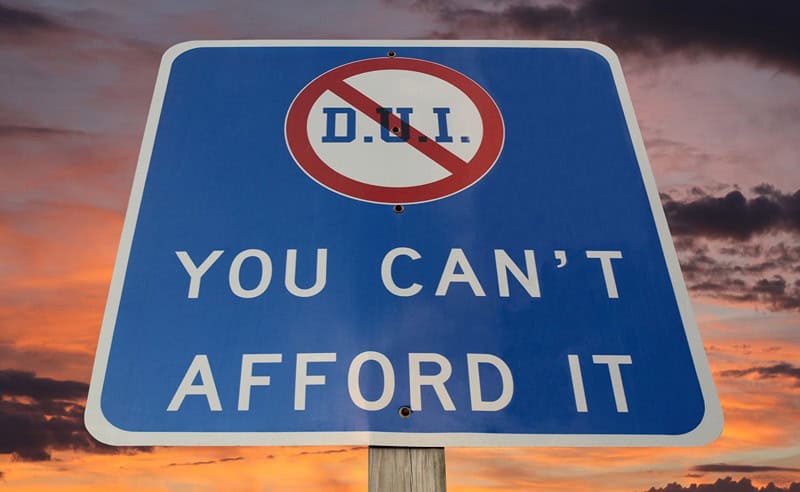
Investigative Article: Analyzing the Toughest and Most Lenient DUI Laws in the US
Introduction
One of the most dangerous and irresponsible actions that a driver can take is getting behind the wheel while intoxicated. Driving drunk puts not only the driver but also the passengers, pedestrians, and other drivers on the road at serious risk of injury or death. As a result, the consequences for driving under the influence (DUI) are severe, depending on the state laws where the offense occurred. In this investigative article, we will analyze the toughest and most lenient DUI laws in the US, focusing on Arizona as having the toughest laws and the states with the most lenient DUI laws.
The Importance of Tough DUI Laws
Driving under the influence is a serious offense that can result in injury or death. Therefore, states that take a tough stance on DUI law can deter individuals from committing DUI offenses. Tough laws may also serve as an important means of addressing the seriousness of the crime, offering victims and their families a sense that justice has been served. Additionally, punitive measures such as fines, jail time, loss of driving privileges, and mandatory installation of ignition interlock devices can incentivize individuals to plan ahead and make alternate travel arrangements if they plan to drink.
Arizona's DUI Laws
Arizona has the toughest DUI laws of any state in the nation for first-time offenders and repeat offenders. The state has implemented harsh measures to combat drunk driving and reduce the number of deaths on its roads. One notable aspect of Arizona's DUI penalties is the mandatory use of an Ignition Interlock Device (IID) for all DUI convictions, including those involving first-time offenders. This is typically seen in other states for more severe cases or as part of alternative sentencing options. Arizona's blood alcohol content (BAC) limit is also lower than other states, thus making it harder for drivers to avoid the mandatory penalties when caught driving under the influence. Despite the tough laws, Arizona DUI fatalities have decreased, highlighting the effectiveness of its stringent measures.
States with the Most Lenient DUI Laws
In contrast to Arizona, some states have more lenient DUI laws. The state of South Dakota, for instance, has no mandatory minimum jail time for both first-time and repeat DUI offenders. Montana also has no mandatory IID installation requirements for first-time offenders. Certain states also impose less steep fines or community service requirements compared to others. The lack of a strict penalty structure in some states does bring into question whether lenient laws deter drunk driving or enable it.
The Impact of COVID-19 on DUI Laws and Enforcement
The COVID-19 pandemic changed many aspects of life in the US, including the way DUI laws are enforced. Social distancing measures and lockdowns led to fewer vehicles on the road and lower numbers of DUI arrests. Lockdowns also led to the suspension of many court cases, including DUI cases. However, recent data is demonstrating that some states, including Arizona, are witnessing an uptick in DUI arrests as the country reopens and fewer lockdowns are in effect.
Rethinking DUI Laws for the Future
As the US continues to grapple with the realities of drunk driving, there is a need to rethink DUI laws moving forward. Some lawmakers and advocates believe that a public health framework that offers treatment options instead of punishment may serve as a better approach. Using alternative sanctions, such as giving offenders the opportunity to participate in treatment programs or recovery programs before the offender's charges are dismissed, may prove to be fruitful to prevent future DUI offenses. Furthermore, advocating for reforms in police approaches towards DUI checkpoints and stops may be necessary, emphasizing community policing and alternative intervention options.
Conclusion
Driving under the influence is a crime that can have severe consequences. While tough DUI laws can deter future offenses and offer a sense of justice to victims, there is a need to re-think the efficacy of a punitive framework that focuses solely on criminalizing drunk driving. A public health approach that offers treatment or recovery programs for offenders may serve as an option to prevent future DUI offenses as individuals come to terms with the impact alcohol has on driving.
DUI Laws in the US -State,Toughest

0 Comments:
Post a Comment
Note: Only a member of this blog may post a comment.